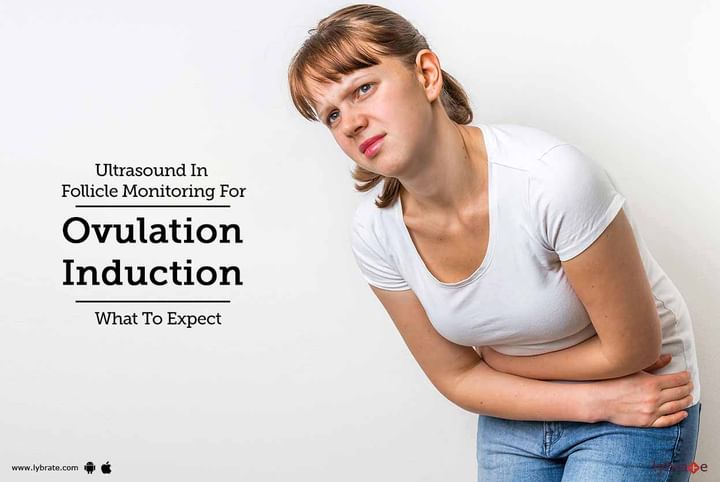Ultrasound In Follicle Monitoring For Ovulation Induction - What To Expect
Irregular ovulation or anovulation (a condition where a woman does not ovulate at all) can be quite agonizing, triggering a host of health problems, including difficulty in conceiving. The irregular ovulation could be an amalgamation of many factors including obesity, thyroid disorders, PCOS, endometriosis, fibroids, uncontrolled intake of caffeinated and alcoholic drinks, to name a few. With the advancement of medical science, the problem is no longer a big deal. In this article, we will discuss the role of ovulation induction and follicular monitoring in dealing with irregular ovulation cycles and the related complications.
In infertile couples one of the common causes of an ovulation is polycystic ovarian disease. One should correct PCOD before starting ovulation induction. Also a semen analysis and documentation of tubal patency must be done prior to the use of ovulation induction medication. Some lifestyle modifications should be followed for the success of ovulation induction like optimisation of weight prior to induction BMI should be 19to 24. Exercise in moderation and stop smoking and alcohol consumption.
Risks of ovulation induction treatment -
This can also lead to multiple pregnancy like twins or triplets which carry a higher risk as compared to singleton pregnancy. Therefore one should start with low dose and monitor ovarian response carefully especially in PCOD patients.
What is Ovulation Induction?
Ovulation induction comes as a blessing for women who don't ovulate regularly (there is a deviation from the usual pattern of ovulation that takes place before every menstrual cycle). The procedure aims at regularizing the ovulation process. The medications (often hormones are used in the treatment) play a pivotal role in stimulating the follicular development of the ovaries so that healthy eggs are produced, developed, matured and finally released during ovulation. The procedure also benefits women get their menstrual cycles sans the ovulation (Anovulatory Menstrual Cycles). The problem mainly surfaces due to a drop in the progesterone level (a hormone responsible for the uterine lining thickening).
Steps involved
- The ovulation induction is an important process that requires a thorough examination and evaluation of the patient to understand their ovulation process, hormonal balance (or imbalance) and all the factors that could be a possible trigger resulting in the ovulation problem.
- In the next step, the physician carries out the stimulation of the ovulation process. For this purpose, selected hormones are given to the affected individual either orally or in the form of injections.
- The hormones work towards restoring the balance along with follicular development. This stimulation contributes significantly towards maturing an egg and ensuring its release for ovulation to take place.
- Through a series of regular pelvic ultrasounds, doctors are able to carefully monitor the development of the follicles along with how well the lining of the uterus thickens, following the ovulation induction.
- For those planning to conceive, ovulation induction, with proper monitoring, goes a long way to ensure at least one healthy egg will be available for the fertilization to take place.
Some women can also opt for Intrauterine Insemination, a pathbreaking procedure whereby, the sperm (collected and stored earlier) is injected into the vagina to facilitate the fertilization process.
Downside of the Ovulation Induction
The ovulation induction requires precision and accuracy and should be performed by experienced professionals who know their skill well.
- Even a small mistake in the ovulation induction can trigger many complications including Ovarian Hyperstimulation Syndrome. The condition can swell up the ovaries with abdominal pain, vomiting, breathing problems (shortness of breath), sudden and rapid weight gain. The ovaries also appear tender with some pain.
- Ovulation induction increases the risk of gestational diabetes, hypertension, nausea, to name a few.
In case you have a concern or query you can always consult an expert & get answers to your questions!



+1.svg)
